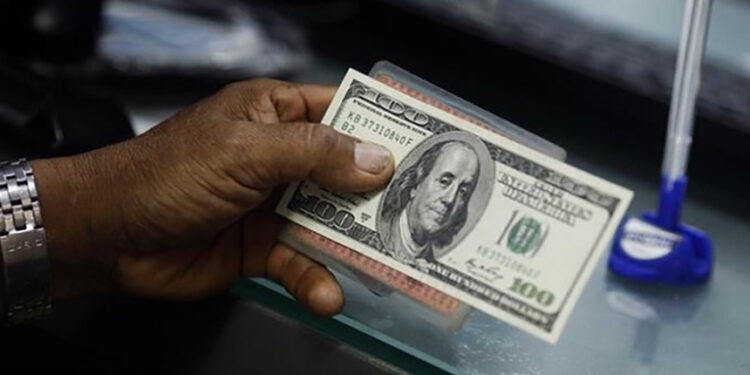YANGON — The Central Bank of Myanmar announced on Monday that private banks and exchange counters are no longer required to trade within the official exchange rate band in a move meant to help prevent price manipulation and settle recent fluctuations.
The announcement does not explicitly say whether the Central Bank was adopting a floating exchange rate. But experts said the move was another step in that direction, after the Central Bank adopted a managed floating exchange rate during the previous government administration.
Up until Monday, the Central Bank allowed private banks and exchange counters to trade only within a 0.8 percent band. But when the gap between the Central Bank’s reference exchange rates and market rates grows wider than that, the rule becomes hard to abide by. It also creates a bottleneck for some foreign exchange transactions.
The rule also puts a strain on banks’ current account transactions, making foreign banks in particular reluctant to participate in the foreign exchange interbank market.
A financial expert said removing the exchange rate band would likely help with foreign exchange transactions and liquidity flow to some extent.
The Myanmar kyat has been depreciating against the US dollar for the past two months. U Myint, who served as chief economic adviser to the previous president, warned that if the government fails to keep the exchange rate stable the economy could be in deep trouble.
The Central Bank said it would be providing loans of between $300 million and $400 million to private banks and exchange counters to try to keep the rate stable.

















